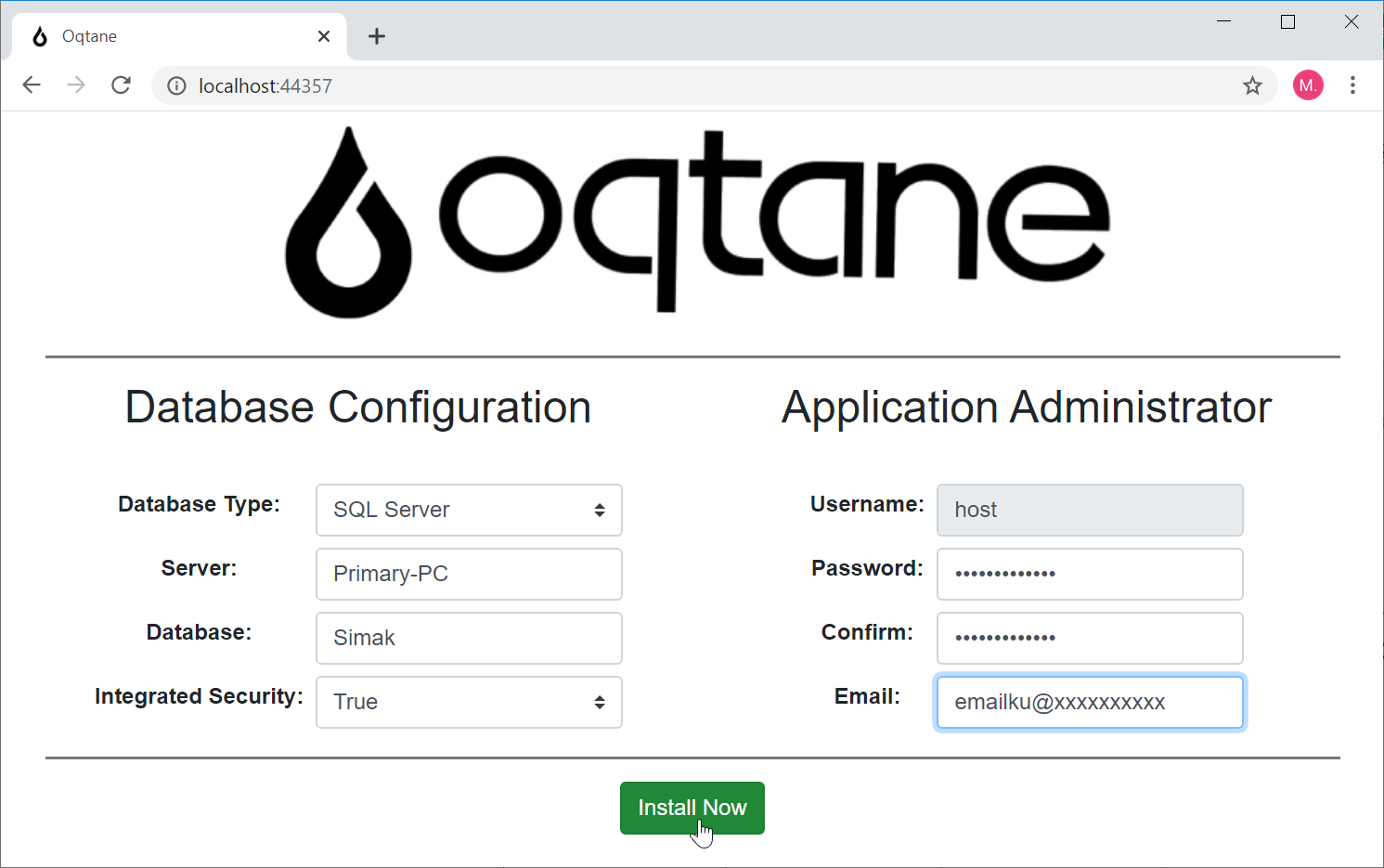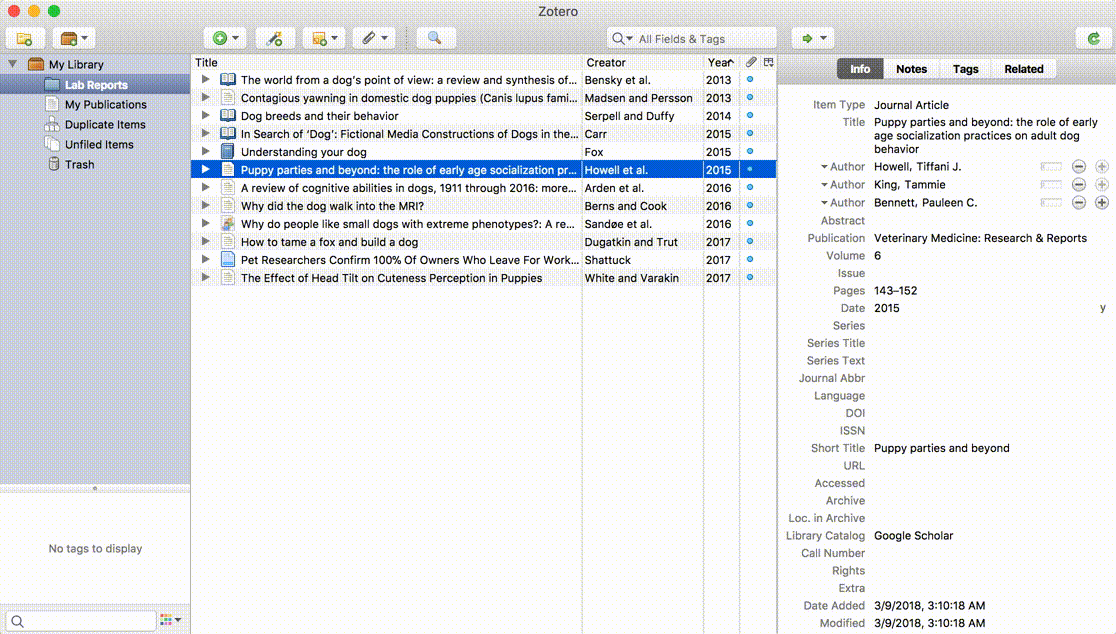In recent years, the world of work has experienced unprecedented changes. With the rise of remote work, technological advancements, and shifts in global economies, a critical question emerges: Is freelance work dead in 2024? To answer this, we must examine the state of freelancing today, the challenges it faces, and the opportunities it presents. This comprehensive article will explore these dynamics, providing insights into what the future holds for freelancers worldwide.
The Current Landscape of Freelance Work in 2024
Freelance work, defined by its flexibility and independence, has been a growing trend for over a decade. The rise of digital platforms such as Upwork, Fiverr, and Freelancer.com revolutionized how we perceive employment, enabling millions to offer their services globally. As of 2024, the freelance economy remains substantial—with estimates suggesting that freelancers represent more than 35% of the global workforce. However, the freelance sector is not without its challenges.
Why Some Believe Freelancing is in Decline
While the freelance market remains significant, several factors have fueled the perception that freelancing might be losing its appeal:
Economic Uncertainty: The global economic landscape has been volatile, with inflation, rising costs, and geopolitical tensions affecting job markets everywhere. Freelancers, lacking the stability of traditional employment, often feel the impact of economic downturns more acutely. Companies facing financial constraints may reduce spending on external contractors, opting to keep tasks in-house or delay projects altogether.
Platform Saturation: As more individuals turn to freelancing platforms, competition has intensified. With countless freelancers vying for similar projects, achieving visibility and commanding fair compensation becomes challenging. Many freelancers report being underbid by others willing to accept lower rates, which can drive down earnings across the board.
Technological Disruptions: Advancements in artificial intelligence (AI) and automation are transforming industries. Tasks once handled by freelancers, such as content creation, graphic design, and even some programming work, are increasingly being automated. AI tools can produce content, design logos, and even code at a fraction of the time and cost, leaving freelancers to wonder if their services will remain in demand.
Burnout and Mental Health Concerns: The allure of freelancing often centers on freedom and flexibility. However, studies have shown that many freelancers experience burnout, stemming from irregular work hours, inconsistent income, and the pressure to be constantly available. Without the safety nets and benefits provided by traditional employment, many freelancers face stress and mental health challenges that can make freelancing unsustainable in the long term.
The Case for the Continued Growth of Freelance Work
Despite the obstacles, there are compelling reasons to believe that freelancing is far from dead. In fact, it may be evolving in ways that make it even more integral to the global economy.
1. Rise of the Gig Economy
The gig economy is booming. As companies look for ways to reduce costs and improve flexibility, they are increasingly turning to gig workers to fill short-term needs. This trend is particularly noticeable in sectors like tech, marketing, and creative services, where specialized skills are required on an ad-hoc basis. Platforms like TaskRabbit and Toptal demonstrate a growing demand for niche skills that can be sourced quickly and efficiently.
2. The Digital Nomad Lifestyle
Freelancers often enjoy a digital nomad lifestyle, allowing them to work from anywhere. This trend continues to grow, particularly among younger professionals who prioritize work-life balance, flexibility, and the freedom to travel. As remote work becomes more normalized post-pandemic, the barriers to entry for aspiring digital nomads have diminished. Countries like Portugal, Estonia, and Thailand are creating “digital nomad visas,” attracting freelancers to their shores by offering favorable tax regimes and community-building initiatives.
3. Diversification of Freelance Opportunities
Freelancing is no longer limited to writing, graphic design, or web development. Emerging fields like blockchain, cybersecurity, data science, and AI offer fertile ground for skilled freelancers. Additionally, traditional sectors like education and healthcare are beginning to embrace freelance models. Online tutoring, telehealth, and virtual consultations have created new avenues for professionals looking to freelance, diversifying the range of opportunities available.

Adapting to the New Freelance Reality
To thrive in this evolving environment, freelancers must be proactive and strategic. Here are some ways freelancers can adapt:
1. Upskilling and Specialization
Freelancers need to continuously learn and develop new skills to remain competitive. Focusing on high-demand niches, such as cloud computing, cybersecurity, AI development, and digital marketing, can provide a significant edge. Online courses, certifications, and professional communities can help freelancers stay ahead of the curve.
2. Building a Personal Brand
A strong personal brand is more important than ever. Freelancers should invest in building their online presence through a professional website, active social media profiles, and a portfolio that showcases their work. Engaging with potential clients through blogs, webinars, and podcasts can also help establish credibility and attract high-value projects.
3. Leveraging Multiple Platforms
Instead of relying on one platform, freelancers should diversify their income sources by leveraging multiple freelance marketplaces. This reduces dependency on any single platform and increases exposure to a broader range of potential clients. Freelancers should also consider direct outreach, networking, and creating partnerships to secure new opportunities.
4. Prioritizing Well-being
Freelancers need to prioritize their mental and physical well-being. Setting clear boundaries, maintaining a regular work schedule, and engaging in self-care practices can help mitigate burnout. Joining freelance communities can provide much-needed support, resources, and camaraderie.
What Does the Future Hold for Freelancing?
The future of freelancing in 2024 and beyond is not defined by a single narrative of growth or decline. Instead, it is characterized by adaptation and evolution. As the world of work continues to change, freelancers will need to navigate both the opportunities and challenges that lie ahead. Freelancing, in many ways, is not dead but transforming, with new dynamics and paradigms shaping its future.
Key Takeaways
- Freelancing remains a viable option for many, driven by flexibility, independence, and a diverse range of opportunities.
- Economic uncertainty, platform saturation, technological disruption, and mental health concerns pose challenges to the freelance workforce.
- The gig economy, digital nomadism, diversification of opportunities, and rising advocacy for freelancers point to continued growth.
- Success in the evolving freelance landscape requires upskilling, building a strong personal brand, leveraging multiple platforms, and maintaining well-being.
In conclusion, while freelancing faces challenges, it is far from dead. With the right strategies and mindset, freelancers can navigate this complex environment and continue to thrive.




